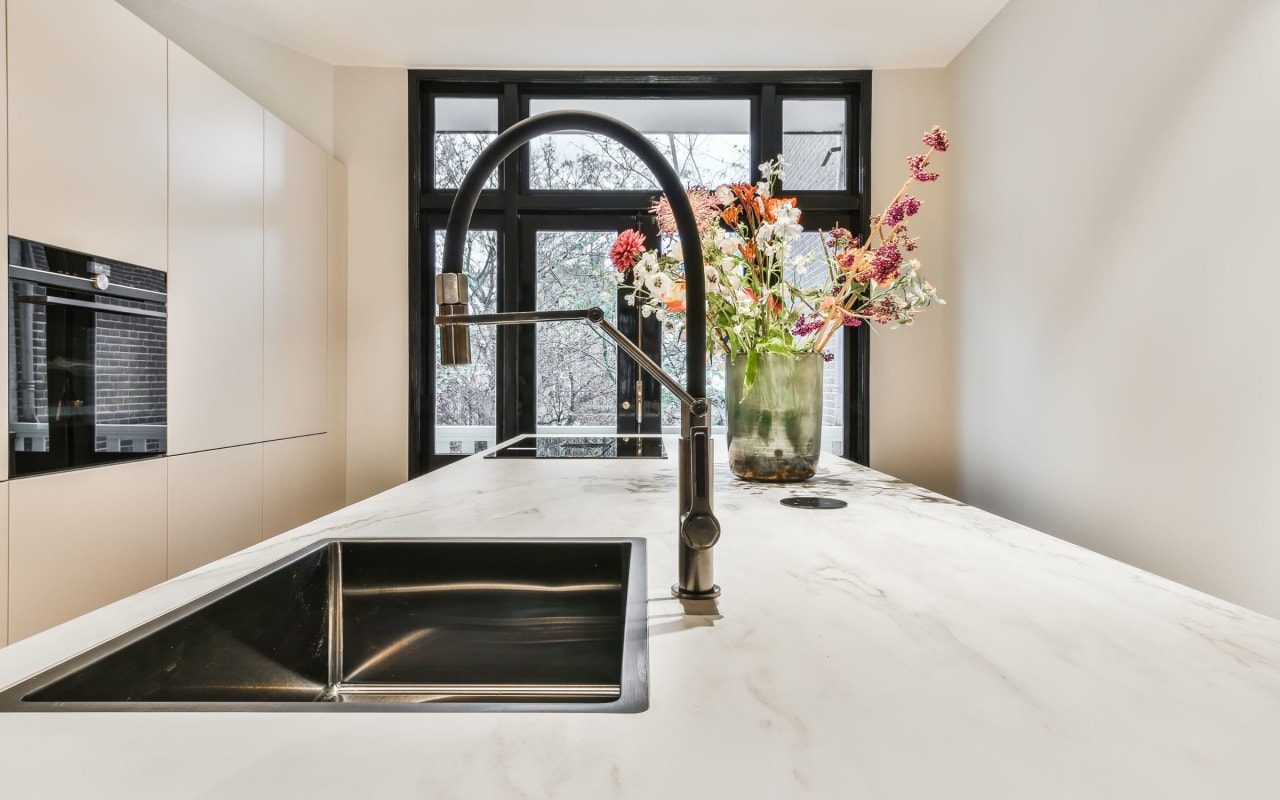Timing is crucial when selling a house, as it can significantly impact the final sale price and the duration your home remains on the market. Understanding the best time to sell your home can help maximize your return and streamline the selling process. This article explores the various factors influencing the optimal time to sell a house, with a specific focus on homes for sale in Chicago, IL.
Seasonal Trends in the Real Estate Market
Spring: The Peak Selling Season
Traditionally, spring is considered the best time to sell your home. The real estate market typically sees increased activity during this season, as warmer weather and longer days make it easier for potential buyers to view properties. In Chicago, the spring market usually begins in March and peaks in May, offering sellers the opportunity to showcase their homes at their best.
During spring, homes for sale in Chicago, IL, tend to sell faster and at higher prices compared to other seasons. This is partly due to the influx of buyers looking to move before the start of the new school year. The competition among buyers can lead to multiple offers, driving up the final sale price. Additionally, properties are more likely to be well-maintained during spring, with gardens in bloom and natural light enhancing the home’s appeal.
Summer: A Strong Contender
While spring is the most popular time to sell, summer is also a strong contender for home sellers. The summer market remains active, with many buyers still eager to make a purchase before the end of the season. Families, in particular, are motivated to close on a home before the start of the new school year, making summer an advantageous time to sell.
In Chicago, summer temperatures can vary, but the generally pleasant weather allows for consistent property showings. Homes for sale in Chicago, IL, during the summer months often benefit from the city’s vibrant atmosphere, with local events and festivals drawing people to the area. However, it’s essential to note that the market may begin to slow down in late August as buyers’ focus shifts back to work and school.
Fall: A More Targeted Approach
Fall can be a good time to sell a house, particularly for sellers who missed the peak spring and summer seasons. The fall market, which typically runs from September through November, is characterized by more serious buyers who are motivated to close deals before the holiday season. These buyers may include those who sold their homes earlier in the year and are now in a position to purchase a new property.
In Chicago, the fall market can be quite favorable, especially if the weather remains mild. Homes for sale in Chicago, IL, during the fall often benefit from the city’s picturesque autumn scenery, which can enhance curb appeal. However, sellers should be aware that the market tends to slow down as the holidays approach, so pricing the home competitively and ensuring it is in top condition are crucial.
Winter: A Strategic Opportunity
Winter is generally considered the slowest time to sell a home, but it can still present opportunities for savvy sellers. The winter market, from December through February, is characterized by fewer listings and less competition. This can be advantageous for sellers who need to move quickly or who want to target buyers who are serious about purchasing.
In Chicago, winter weather can be a challenge, with snow and cold temperatures potentially deterring buyers. However, homes for sale in Chicago, IL, during the winter months can still attract attention, particularly from buyers who are relocating for work or who are taking advantage of year-end bonuses to make a purchase. Sellers who stage their homes to highlight warmth and comfort can create an inviting atmosphere that appeals to winter buyers.
Market Conditions and Economic Factors
Understanding Supply and Demand
In addition to seasonal trends, broader market conditions and economic factors play a significant role in determining the best time to sell your home. One of the most critical factors is the balance of supply and demand in the housing market. When there are more buyers than available homes (a seller’s market), sellers can often achieve higher prices and faster sales. Conversely, when there are more homes than buyers (a buyer’s market), selling a home can be more challenging, and prices may be lower.
In Chicago, market conditions can vary significantly depending on the neighborhood and the time of year. Monitoring local market trends, such as the number of homes for sale in Chicago, IL, and the average days on market, can provide valuable insights into the current supply and demand dynamics. Sellers should consider listing their homes when demand is high, and inventory is low to maximize their chances of a successful sale.
Interest Rates and Economic Outlook
Interest rates and the broader economic outlook also influence the best time to sell your home. Low interest rates generally encourage more buyers to enter the market, as financing becomes more affordable. This increased demand can drive up home prices and shorten the time it takes to sell a property.
Conversely, when interest rates rise, buyer activity may slow down, making it more challenging to sell a home. Sellers should keep an eye on economic indicators and interest rate trends, as these factors can impact buyer behavior and the overall health of the real estate market.
In Chicago, economic factors such as employment rates, consumer confidence, and local industry trends can also affect the housing market. For example, a booming job market may attract more people to the area, increasing demand for homes for sale in Chicago, IL. Conversely, economic uncertainty or job losses could lead to a slowdown in the housing market, making it harder to sell a home.
Personal Circumstances and Timing
Aligning Your Sale with Personal Goals
While market conditions and seasonal trends are essential considerations, personal circumstances also play a crucial role in determining the best time to sell your home. For example, if you need to relocate for a job, downsize, or move closer to family, these factors may take precedence over market timing.
Sellers should consider their financial situation, future plans, and how quickly they need to sell when deciding on the timing of their sale. In some cases, selling during a less-than-ideal market may be necessary to meet personal goals. In these situations, working with an experienced real estate agent who understands the local market can help you achieve the best possible outcome, even in challenging conditions.
Michael Maier Real Estate: Navigating the Chicago Market
When it comes to selling your home, timing is everything. Whether you’re selling in the peak spring season or navigating a winter sale, working with a knowledgeable real estate professional can make all the difference.
Michael Maier Real Estate has the expertise and local market knowledge to help you determine the best time to sell your home in Chicago, IL. Reach out today to discuss your goals and start planning your successful home sale.















